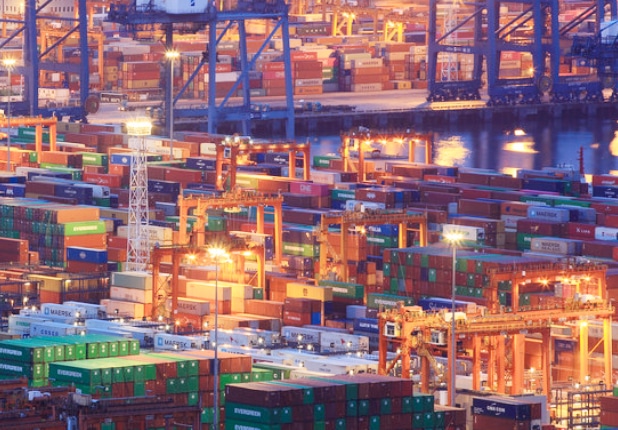Source: Theo Boshoff, Agbiz e-newsletter, 17 July 2020, photo credit: Reuters/Stringer/World Economic Forum
International Bar Association hosts webinar on the impact of Covid-19 lockdowns on global tradeOn 14 July, the Agricultural Law Section of the International Bar Association (IBA) hosted a webinar which focused on the global impact of Covid-19 lockdowns on the international trade in agricultural goods.
The vast majority of countries in Europe, Asia, North and South America as well as some of the larger African producers such asEgypt, South Africa, Nigeria and Kenya all imposed some form of lockdown to flatten the curve of Covid-19. The situation is now improving for most countries but it is remarkable to note how similar the challenges were that was faced by export-oriented countries around the globe.
Since the webinar was hosted by the IBA, there was a strong legal theme and there was a particular focus on whether or not the Covid-induced lockdowns and restrictions would absolve exporters from contractual liability. In contract law, parties are usually relieved of their liability if they can prove that non-performance came about as a result of factors that are beyond their control.
The most common clauses inserted to cater for this situation is the so-called force majeure (an ‘act of God’) or a hardship clause which has its roots in English Law. Lockdowns pose an interesting conundrum. Although the pandemic stretches across borders, the restrictions posed differs from country to country whilst most export agreements are international contracts. For instance, most grain trading takes place under either the GAFTA or FOSFA agreements. As was reported by Mr Ivan Kasynyuk from the Ukraine, these agreements recognize government restrictions as a force majeureevent but the extent of this cover is not guaranteed.
This caused disputes in the Black Sea region as the Ukraine imposed export restrictions on wheat whilst Russia, one of their biggest trading partners also imposed import restrictions. When the cases were eventually brought under international arbitration it was held that the export restrictions did qualify as a force majeureevent but the import restrictions did notunder GAFTAand hence the company was not relieved of liability.
Aside from legal restrictions, a hardship clause can also kick in where an exporteris unable to deliver on time due to constraints in port capacity. Ports worldwide have been under severe pressure as mandatory disinfecting adds additional time and cost constraints.
Covid outbreaks likewise affect human capacity which also affects performance. Finally, the delayed processing of shipments has resulted in huge backlogs with containers waiting longer than usual to be exported. Ironically, this has even affected port activities which are still operating at maximum efficiency since it has caused a global shortage of containers.It was also highlighted that a force majeureevent ora hardship clause does not automatically relieve the performing party of liability.
Given the nature of the circumstances, it may merely result in the delayed performance or a renegotiation of the termswherein the affected party cannot be penalised. Whilst we trust that South African port authorities are doing their utmost to balance efficiency with safety concerns, it is worthwhile keeping up with global caselaw and arbitration in the event that exporters fail to keep up with demand.
The South African Pork Producers’ Organisation (SAPPO) coordinates industry interventions and collaboratively manages risks in the value chain to enable the sustainability and profitability of pork producers in South Africa.
















